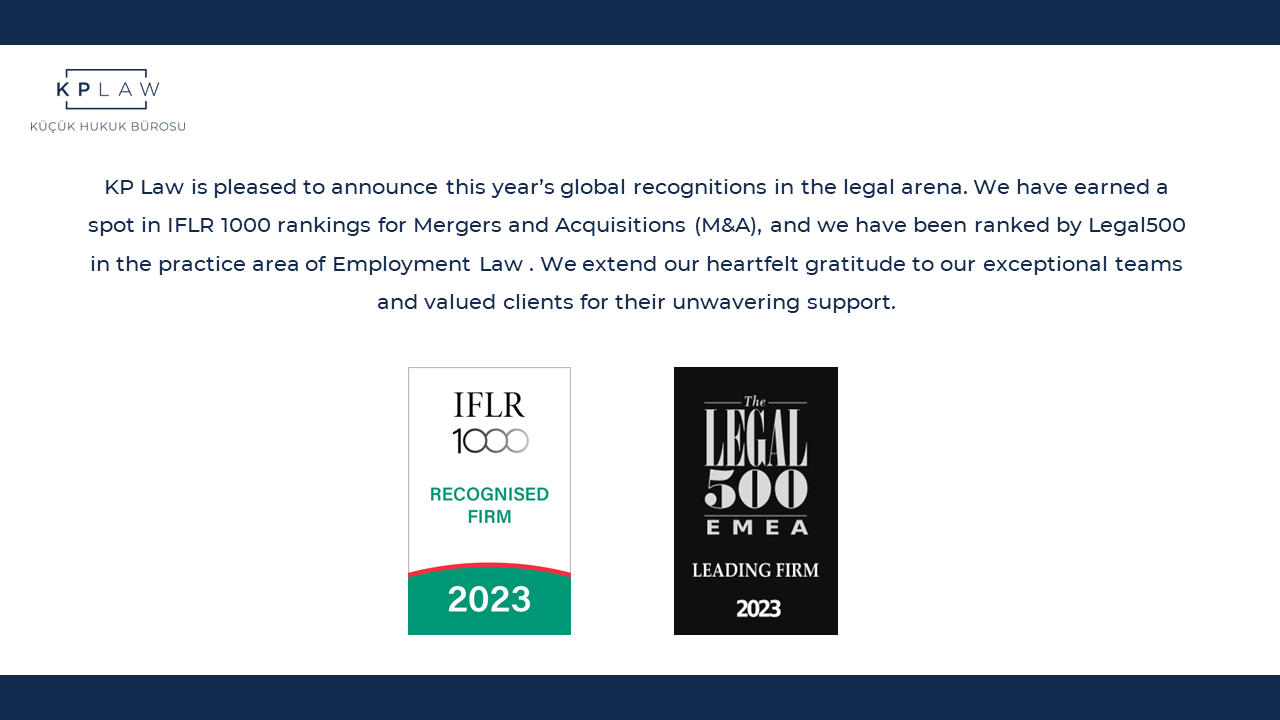News & Insights
European Parliament Adopts Rules on AML and CFT Rules in the Crypto Industry!

Onur Küçük | MANAGING PARTNER
08.05.2023The European Parliament has adopted a set of rules to prevent money laundering and the financing of terrorism in the cryptocurrency industry, which will closely affect stakeholders in the cryptocurrency market in the past few days.
What Has Changed with the New Regulation?
With the new regulation, a more stringent legislative package is being adopted to prevent money laundering, financing of terrorism and avoidance of other sanctions throughout the European Union. This includes a series of rules on three draft legislations:
- The European Union's “Single Rulebook” regulation
- Anti-Money Laundering Directive
- Founding Regulation of the European Anti-Money Laundering Authority
With these adopted texts, crypto asset service providers are included in the scope of the new legislation aimed at preventing money laundering and are categorized as financial institutions. Therefore, all obligations that apply to financial institutions become applicable to crypto asset service providers as well.
Moreover, the anti-money laundering legislation includes Decentralized Finance (DeFi) platforms, as well as Decentralized Autonomous Organizations (DAO). In addition to these entities, it is also recommended that Non-Fungible Tokens (NFTs) be included as mandatory assets. Another important issue this new legislative package brings is monetary limits for transactions. A limit of €7,000 for cash payments and €1,000 for anonymous crypto transactions (transactions between storage wallets) is recommended.
Who Does It Affect and How?
This relevant legislation closely concerns crypto asset service providers, DeFi platforms, and DAO’s as well as players operating in the cryptocurrency industry, as mentioned above.
Date Effective
Currently, the regulation only needs the approval of the European Council in order to be fully enacted, as it has already passed the acceptance process of the European Parliament.
TLDR;
With this legislation accepted by the European Union, an important question frequently asked worldwide, which is the resolution of unlawful transactions and actions in the cryptocurrency assets field, is answered. With this regulation, all entities mentioned above become obliged to conduct situation assessments, monitor suspicious transactions, and report suspicious activities to relevant institutions and organizations, similar to banks and other financial institutions. In addition, they will need to identify detailed risk types related to money laundering and the financing of terrorism and transmit relevant information to a central record.
What is the Situation in Turkey?
As of May 1, 2021, with the Regulation Amending the Regulation on Measures Regarding the Prevention of Laundering Proceeds of Crime and Financing of Terrorism (“Amendment Regulation”), crypto asset service providers are deemed to be responsible as the Financial Crimes Investigation Board (“MASAK”), which operates under the Treasury and Finance Ministry, and is known as a financial intelligence unit. Although crypto asset service providers are clearly responsible within this scope, there is currently no regulation specifically for NFTs and DAOs.

